
Threads and tweets on the greatest minds in philosophy, science, and history. Follow @GeniusGTX to celebrate the human genius.
40 subscribers
How to get URL link on X (Twitter) App

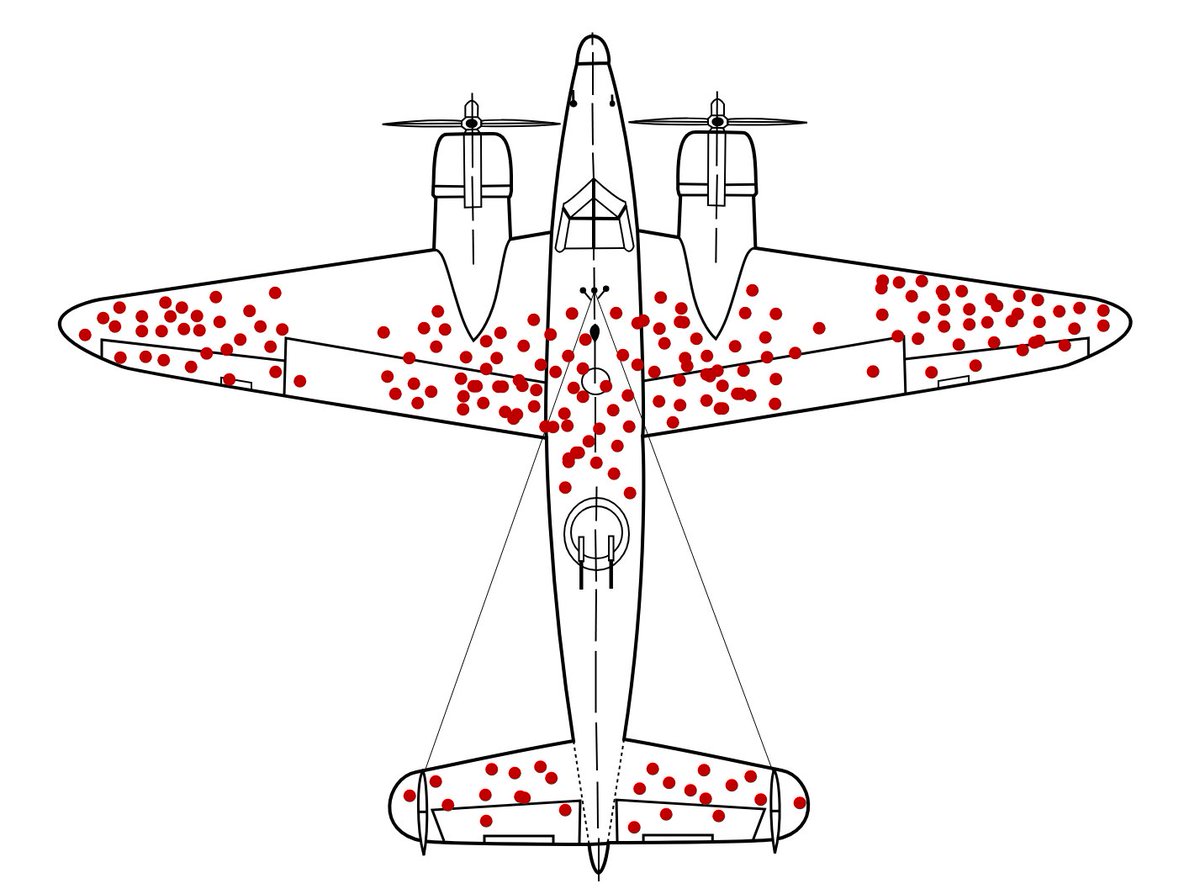
 1. Survivorship Bias:
1. Survivorship Bias: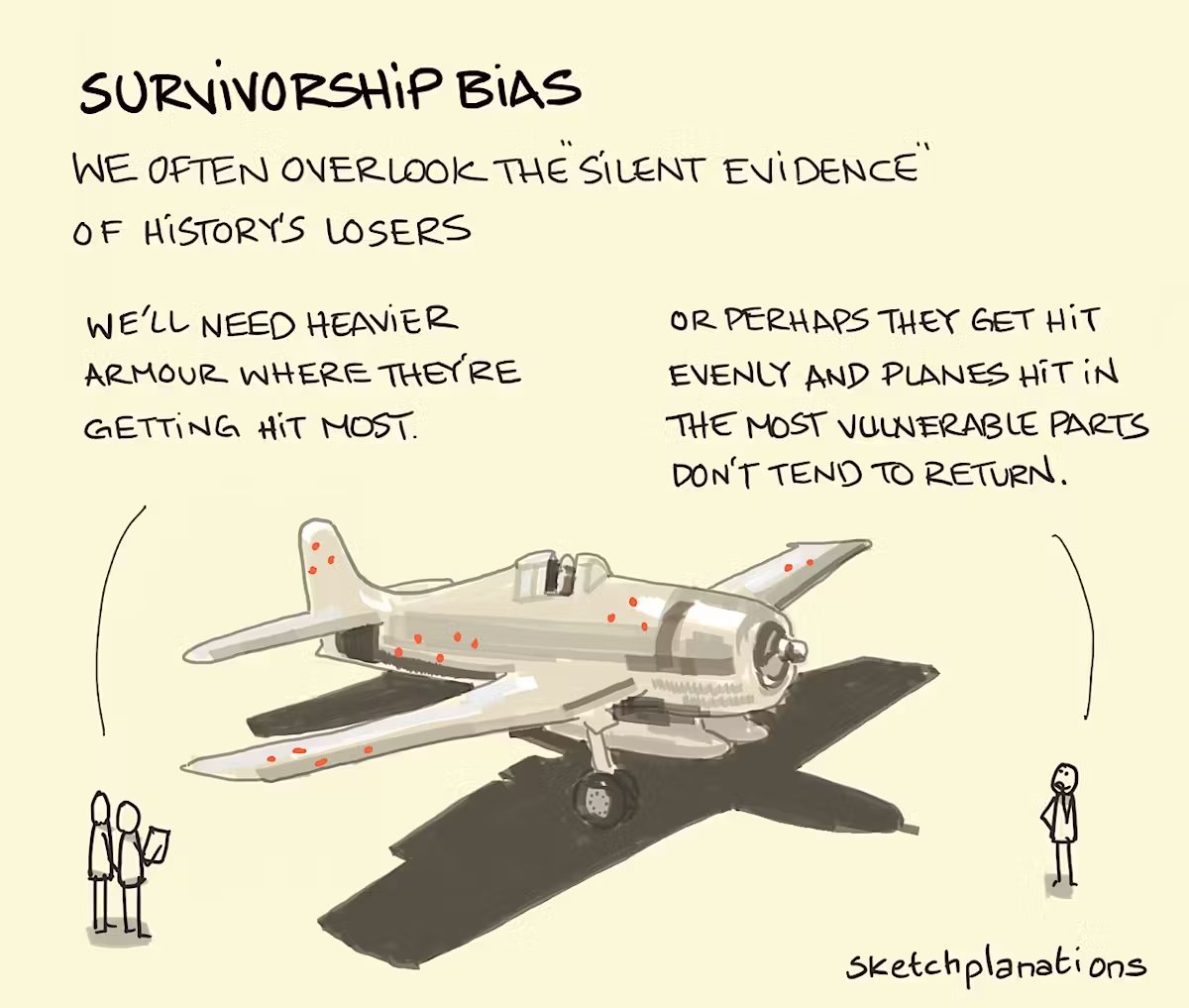


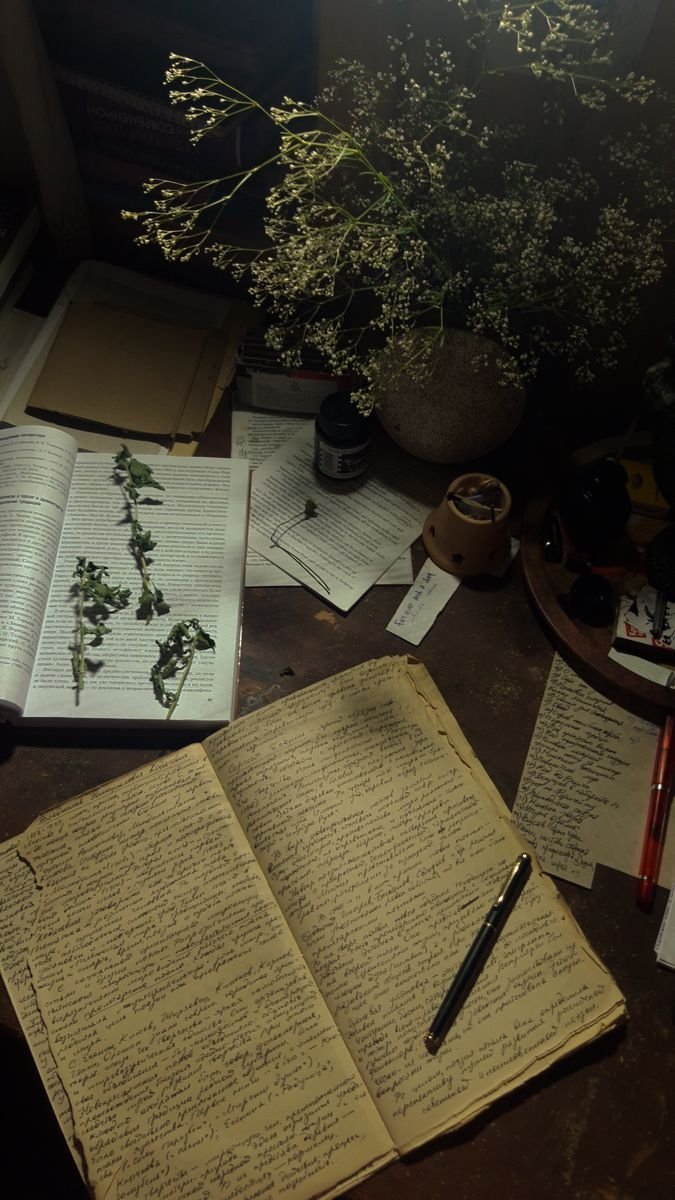 1/ Occam's Razor
1/ Occam's Razor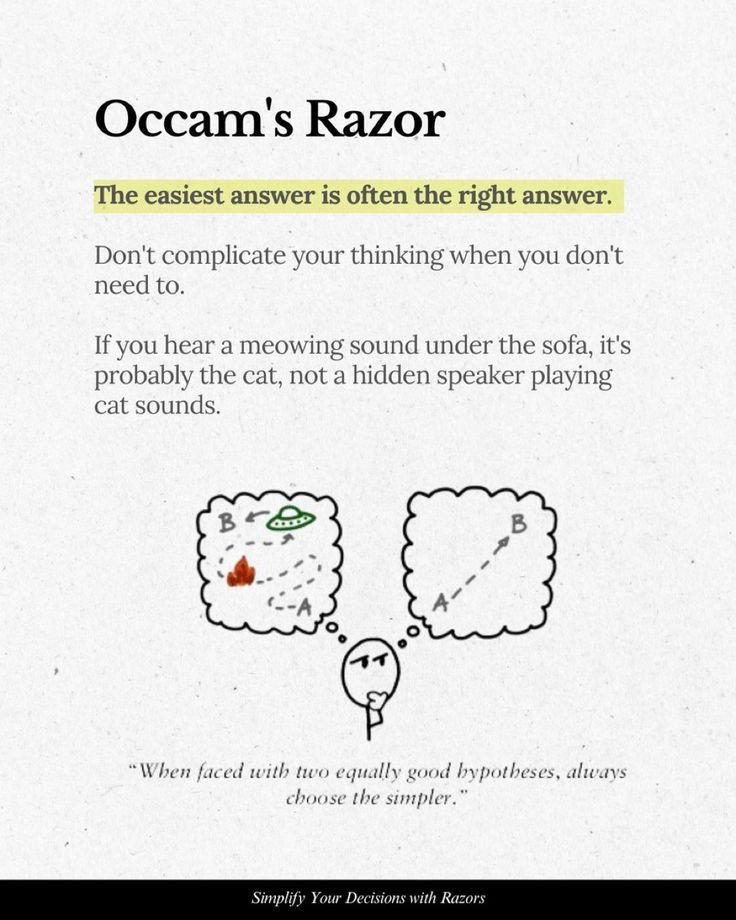
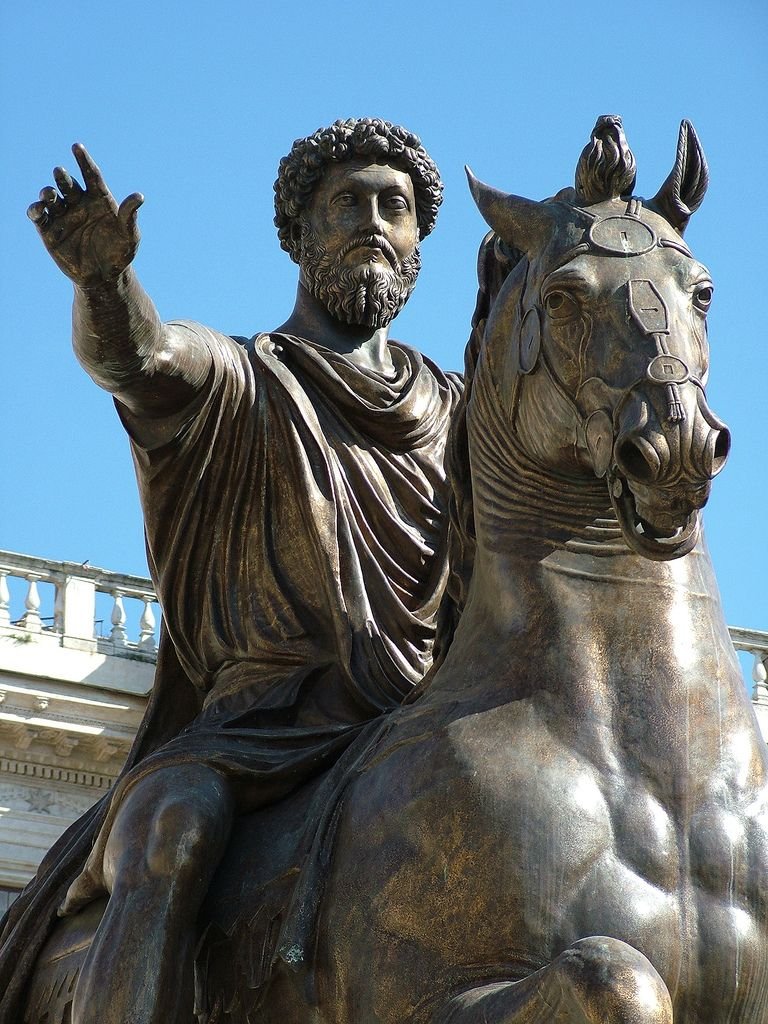

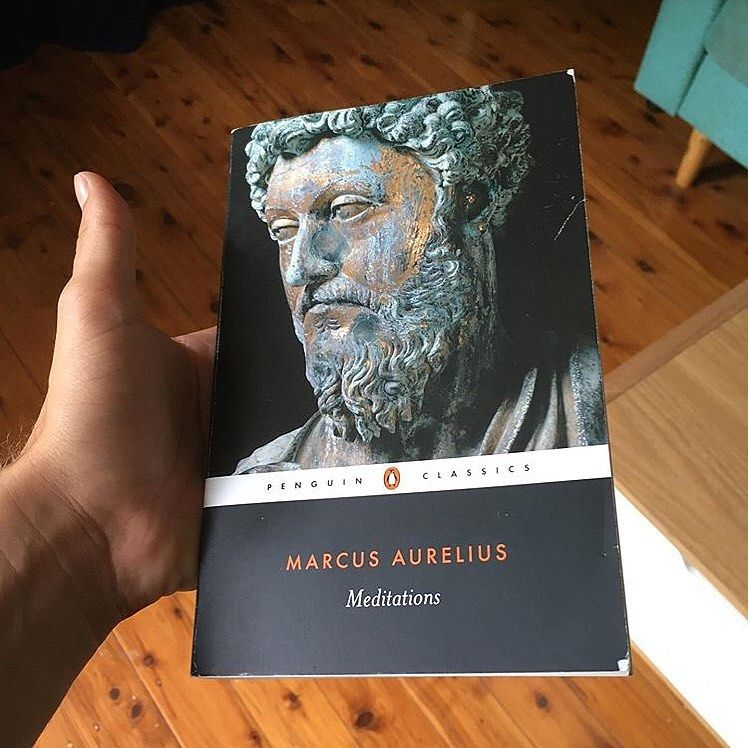 1. The Obstacle is the Way
1. The Obstacle is the Way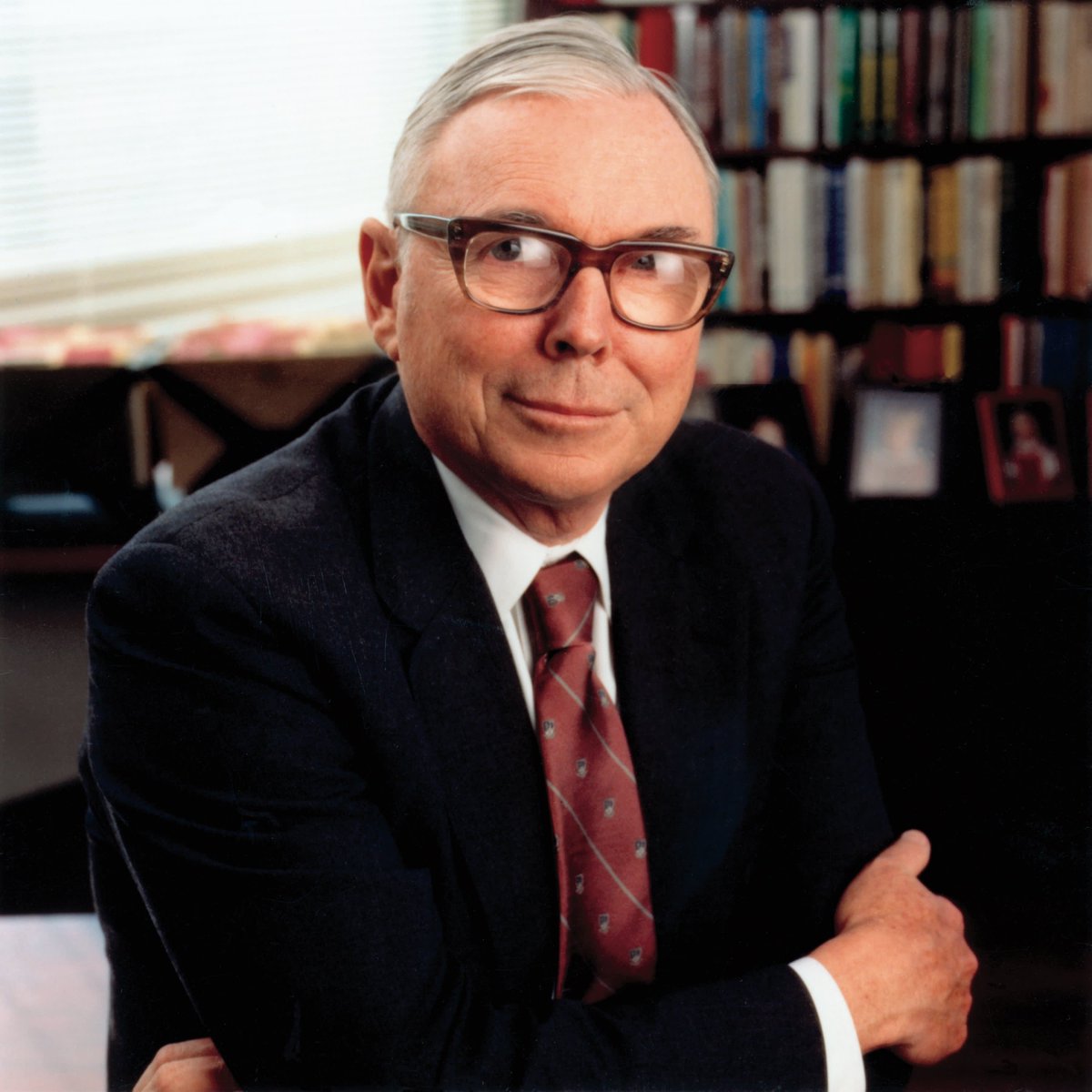

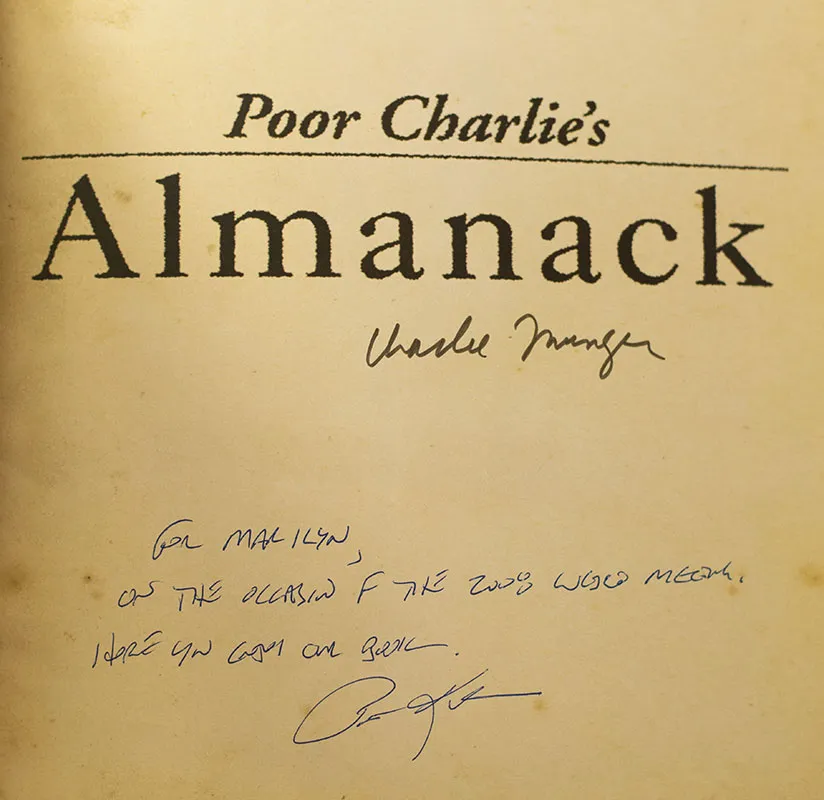 Why do you need Mental Models?
Why do you need Mental Models?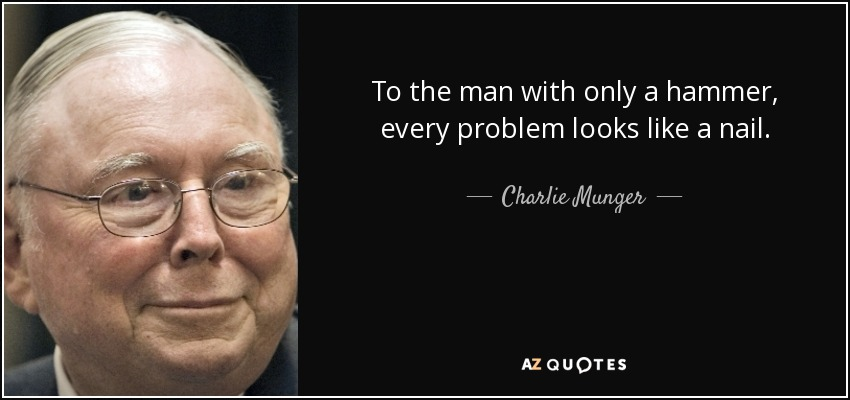

 1. The Paradox of Choice:
1. The Paradox of Choice:


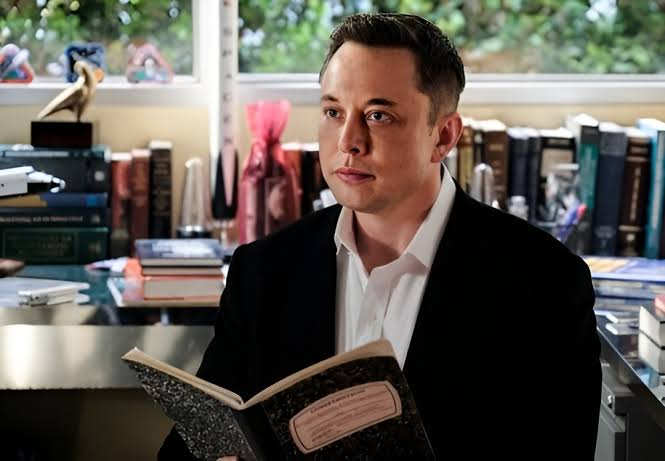
 1. First Principles (Elon Musk)
1. First Principles (Elon Musk)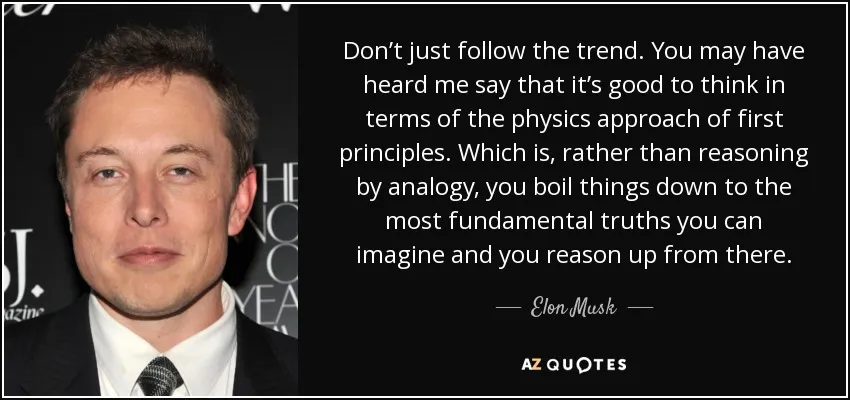
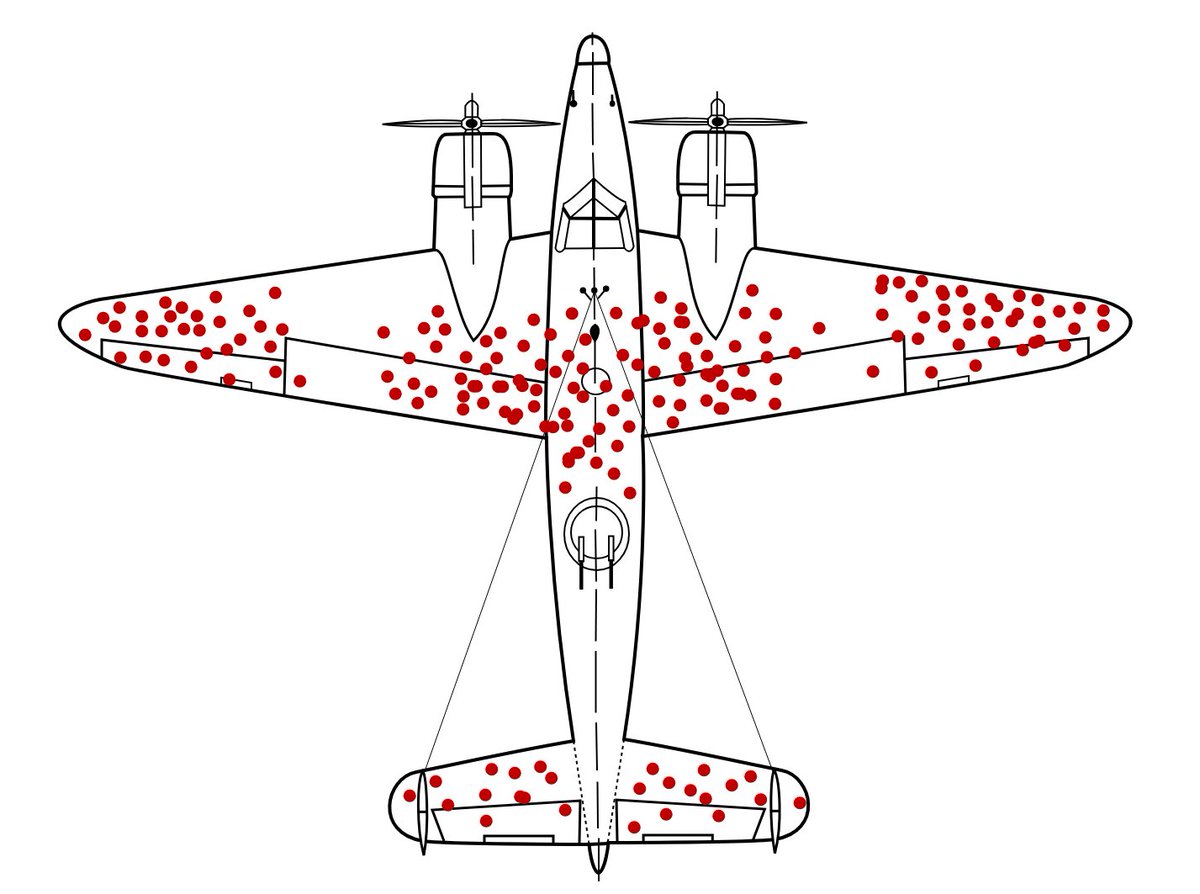
 1. Survivorship Bias:
1. Survivorship Bias: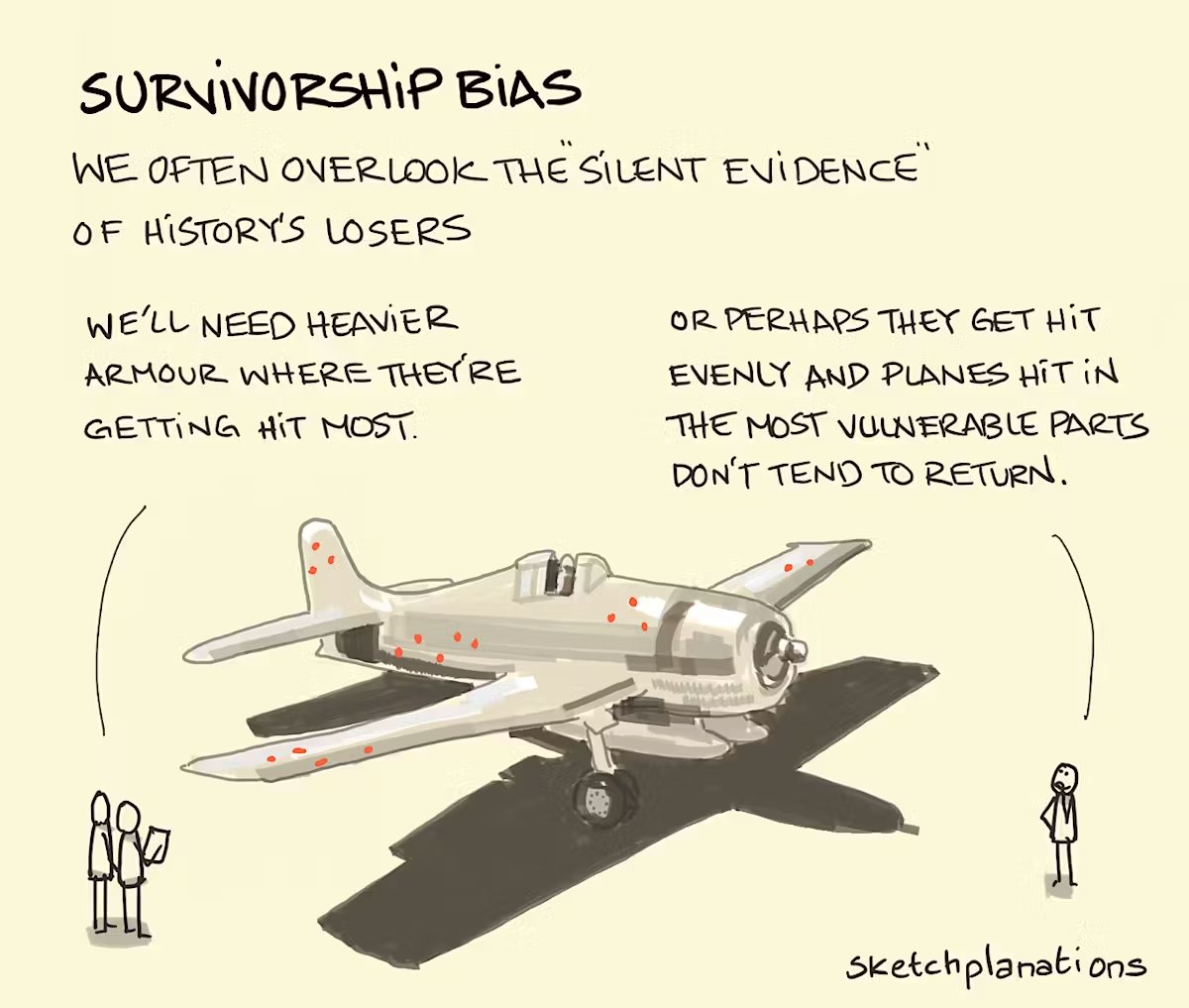
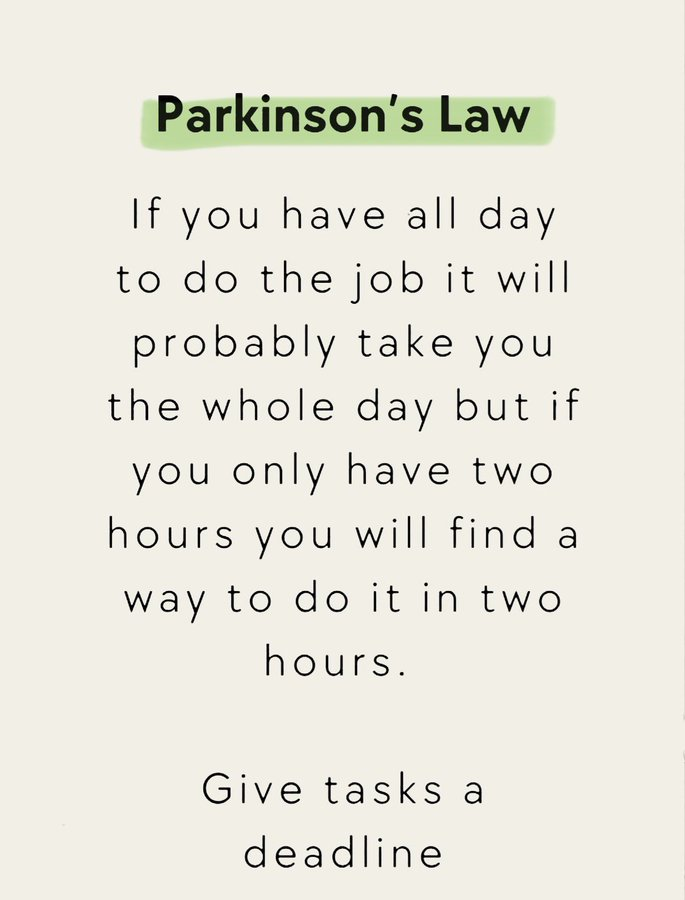
 1. Parkinson's Law
1. Parkinson's Law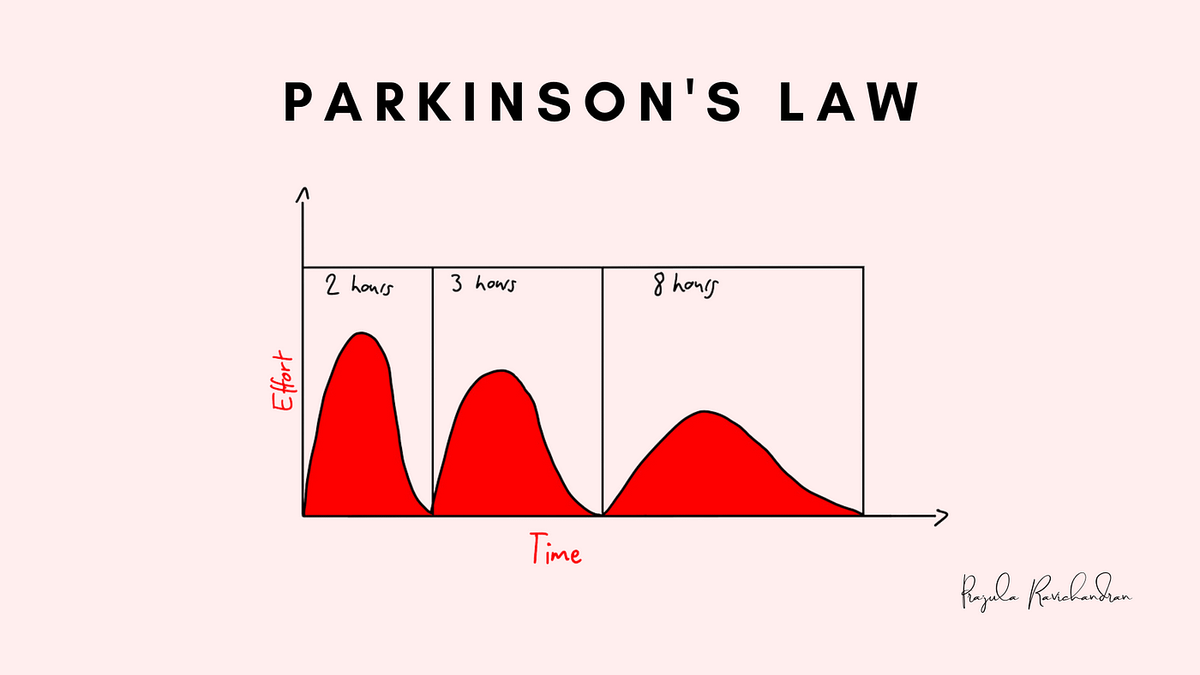
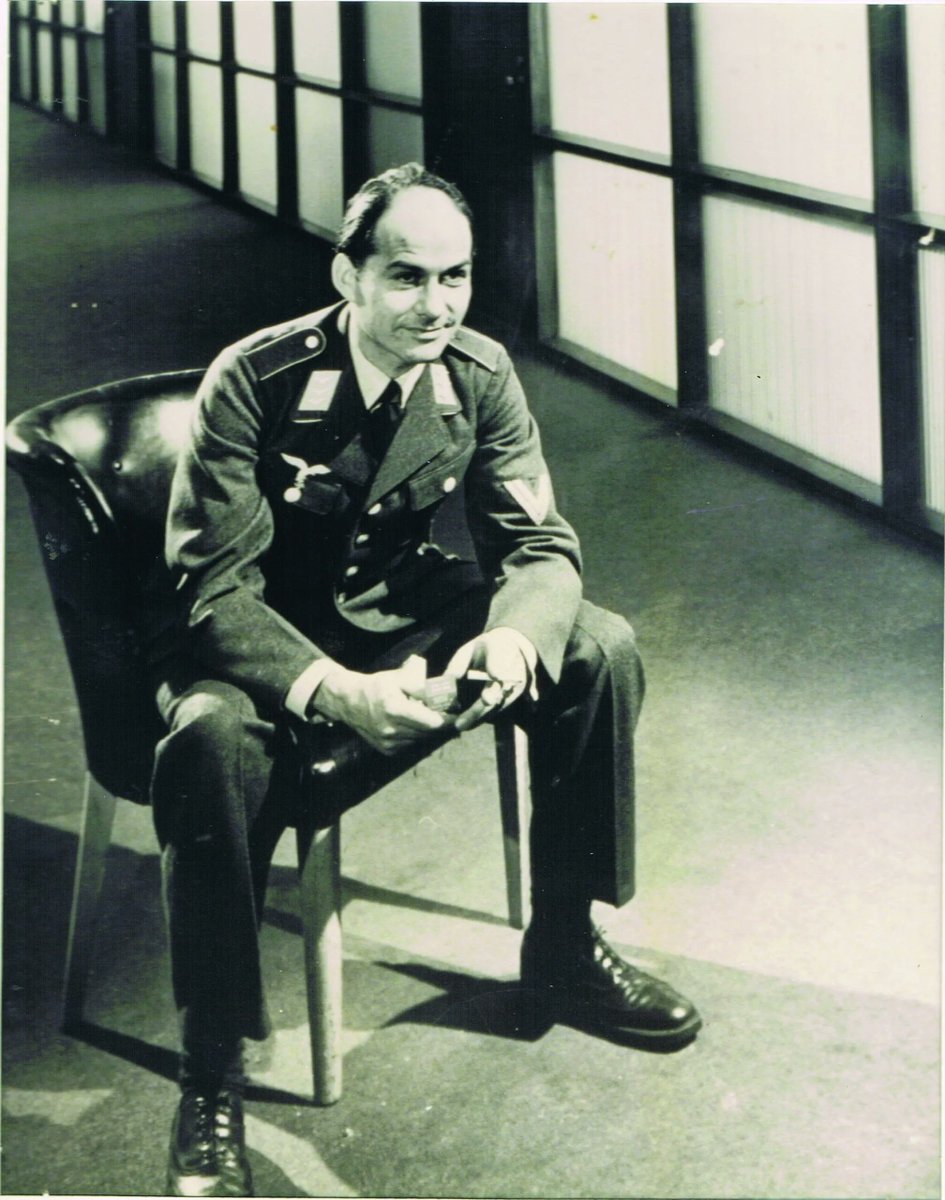

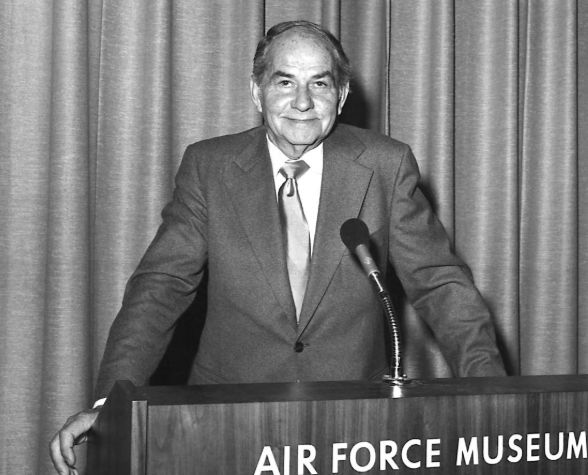 Picture this: 1943, Nazi Germany.
Picture this: 1943, Nazi Germany.
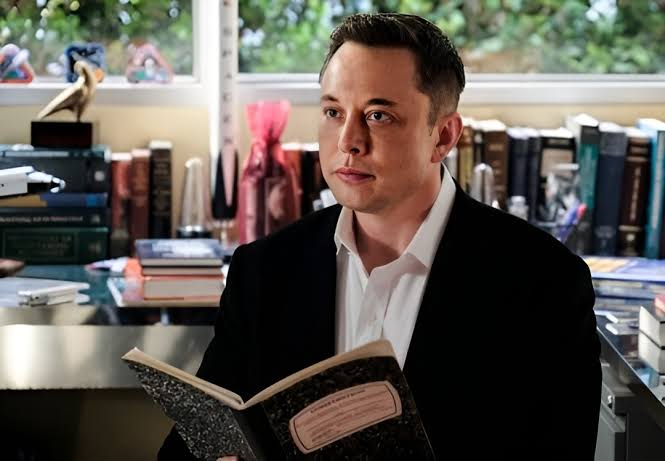
 1/ The Bloom-Bilal Rule:
1/ The Bloom-Bilal Rule: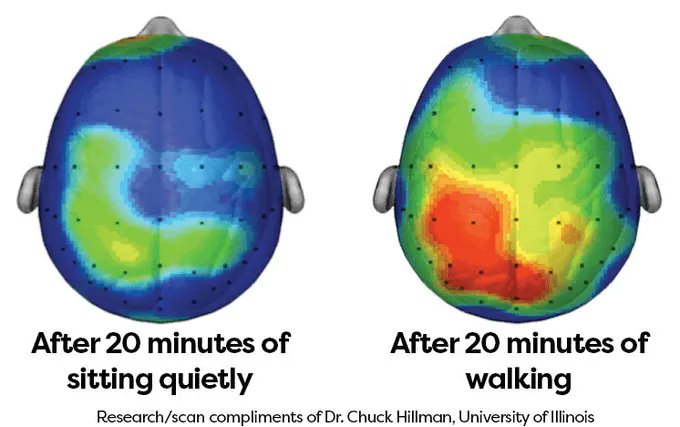

 This framework is from the Nobel Prize-winning physicist, Richard Feynman.
This framework is from the Nobel Prize-winning physicist, Richard Feynman.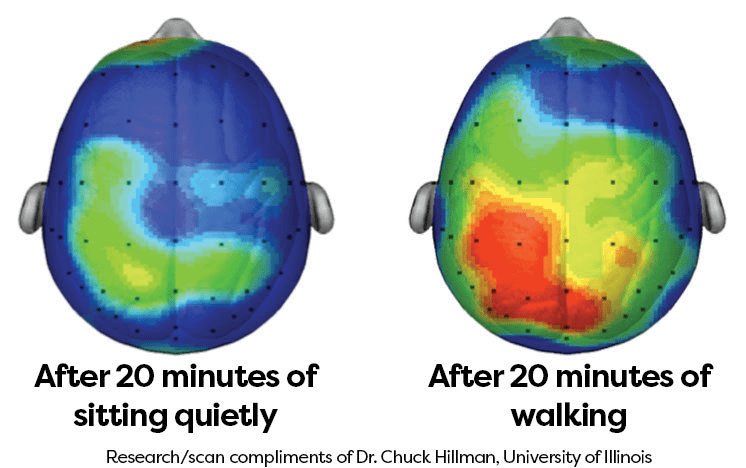
 1. The Power of Walking
1. The Power of Walking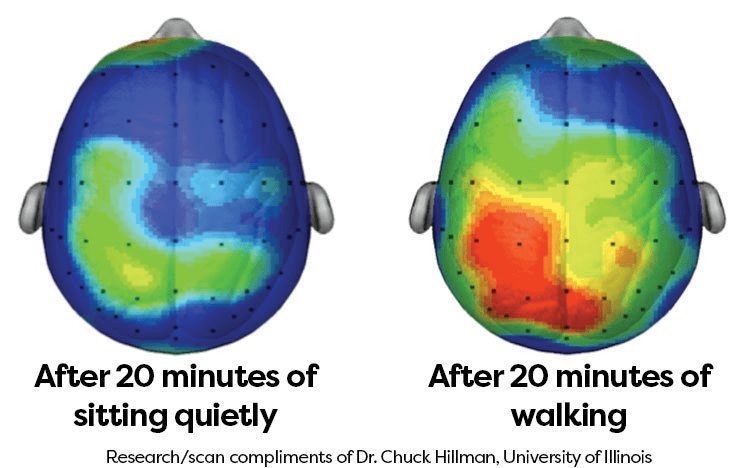
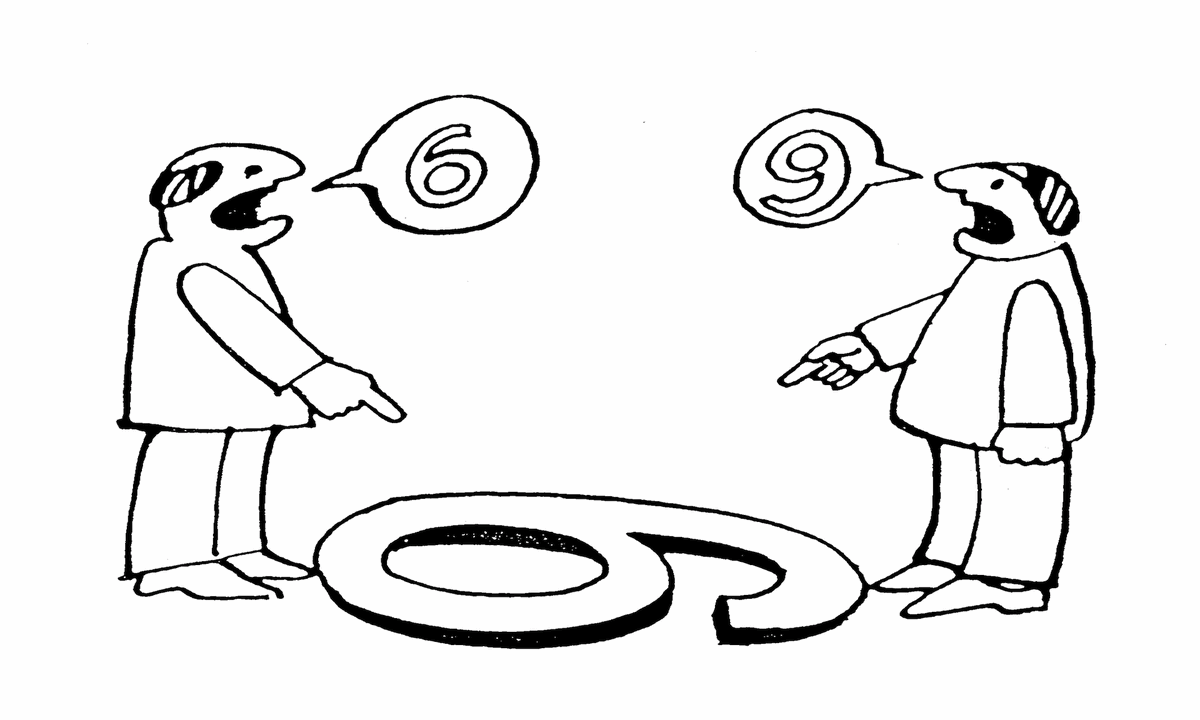
 1. Confirmation Bias:
1. Confirmation Bias: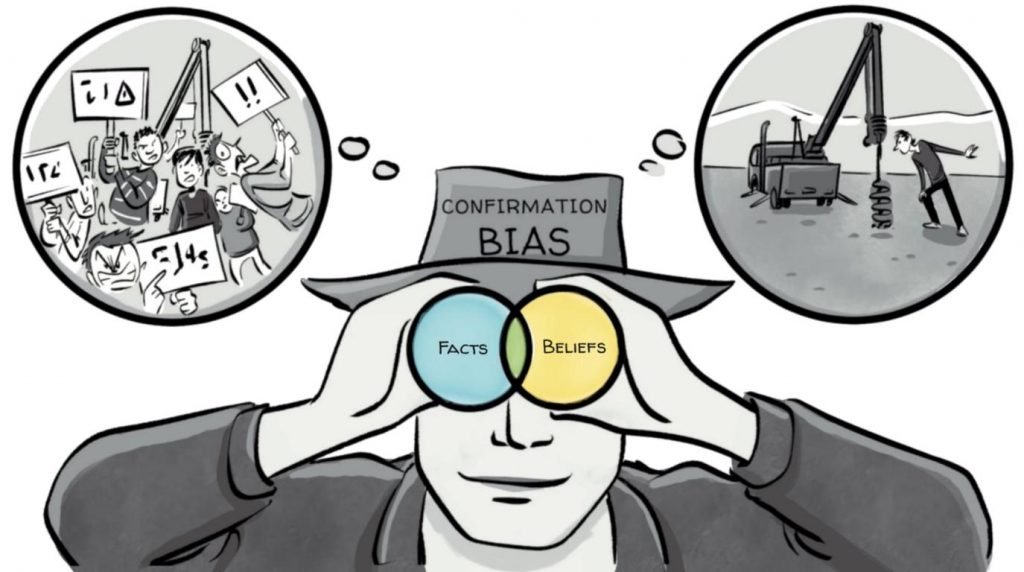
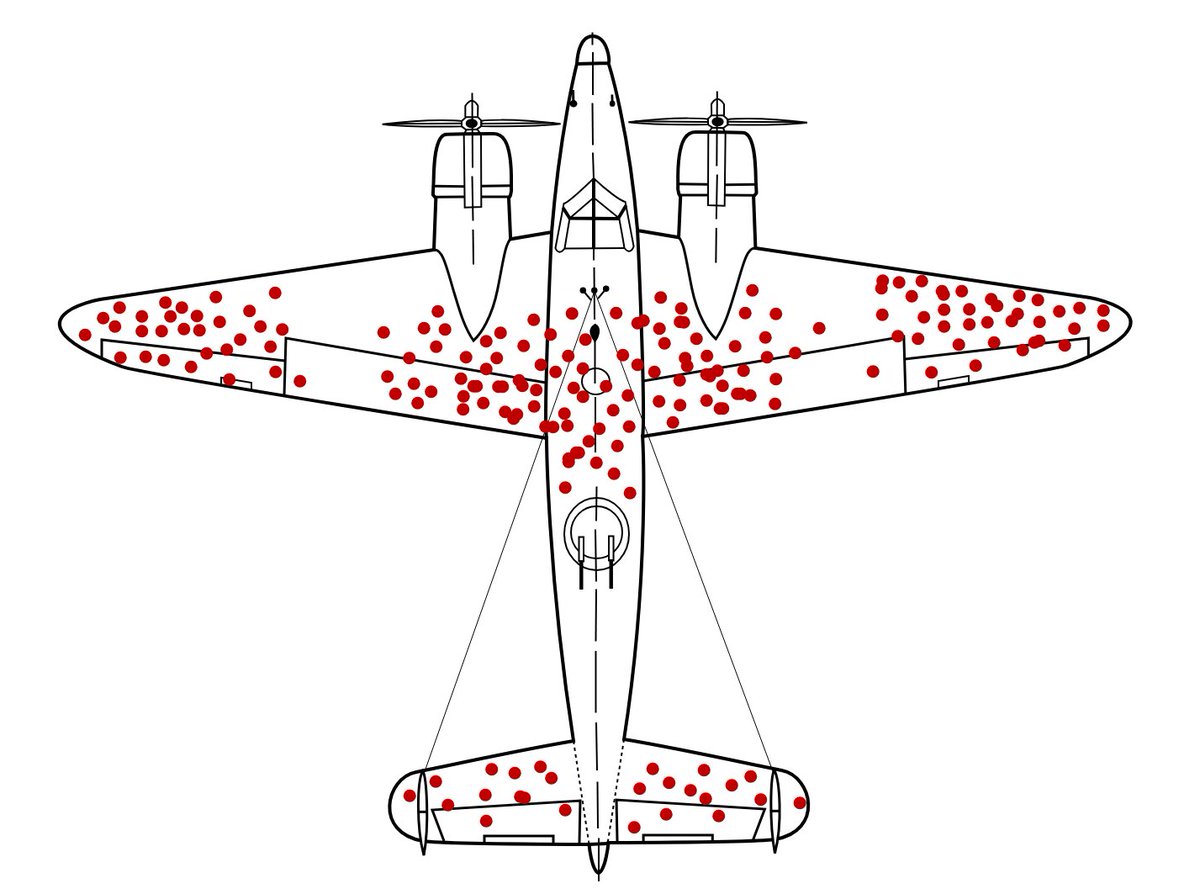
 1. Survivorship Bias:
1. Survivorship Bias: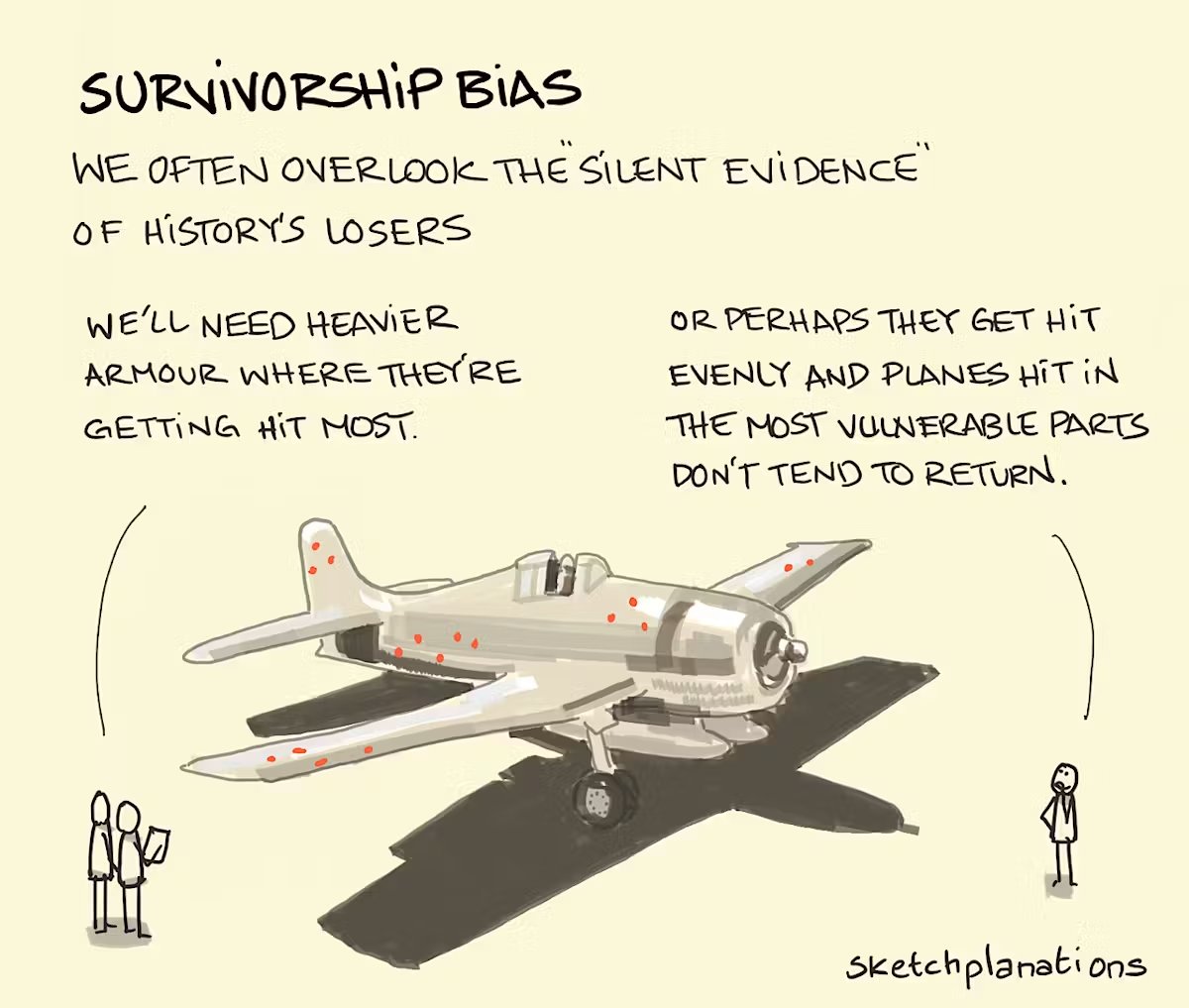

 1. Parkinson's Law
1. Parkinson's Law


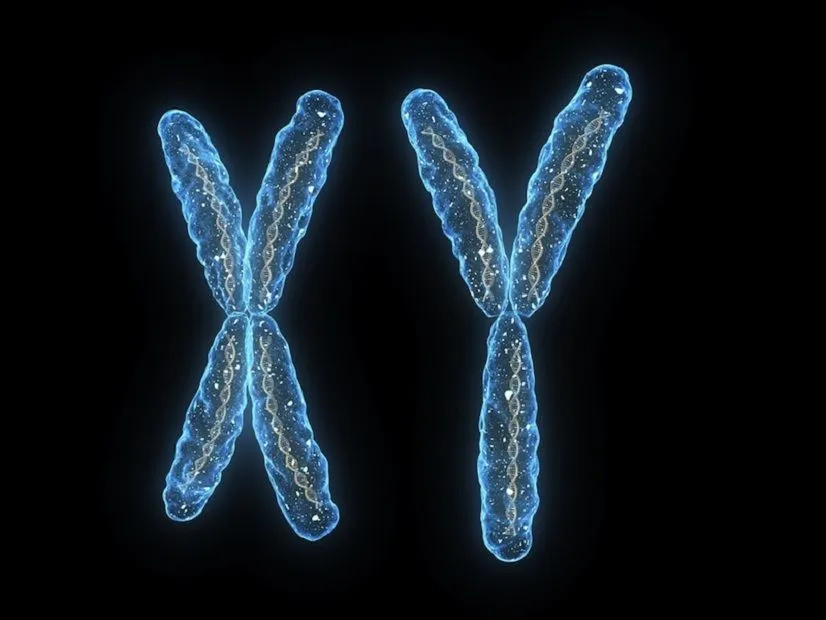 Born in 1861 in Cavendish, Vermont, Nettie Stevens broke all the rules for women...
Born in 1861 in Cavendish, Vermont, Nettie Stevens broke all the rules for women...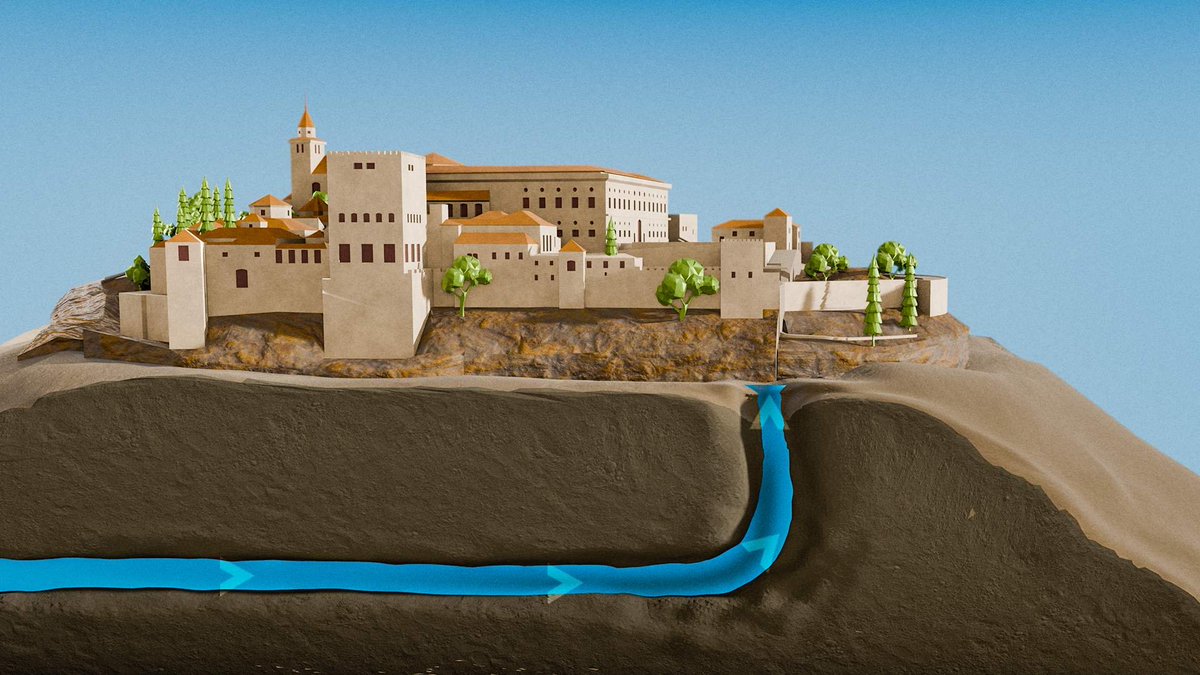
 While other medieval cities fell to Christian armies during the Reconquista, Granada remained unconquered for over 250 years.
While other medieval cities fell to Christian armies during the Reconquista, Granada remained unconquered for over 250 years.
 1. Parkinson's Law
1. Parkinson's Law

 Wittenoom, Western Australia.
Wittenoom, Western Australia.


 Born in Vienna in 1878, Lise Meitner fought to enter a field that actively excluded women.
Born in Vienna in 1878, Lise Meitner fought to enter a field that actively excluded women.